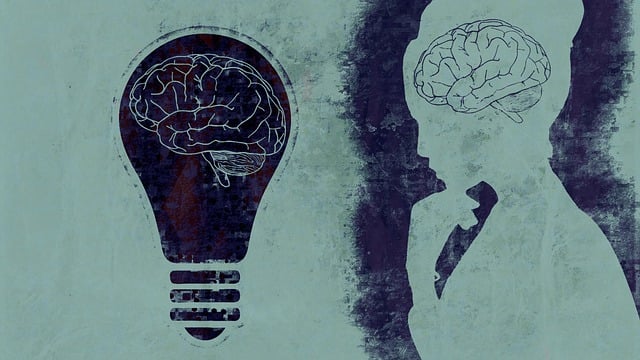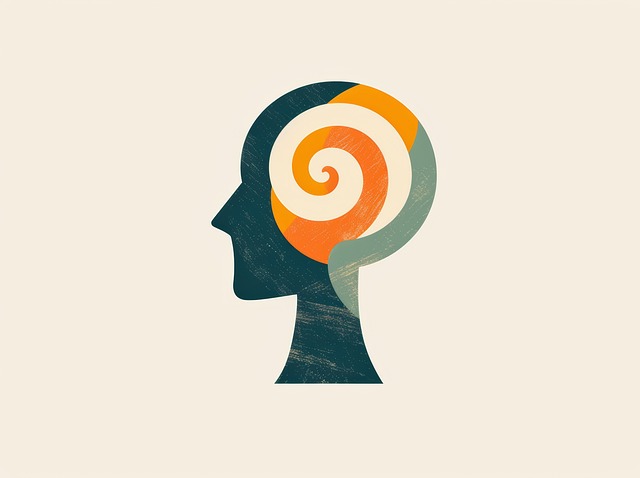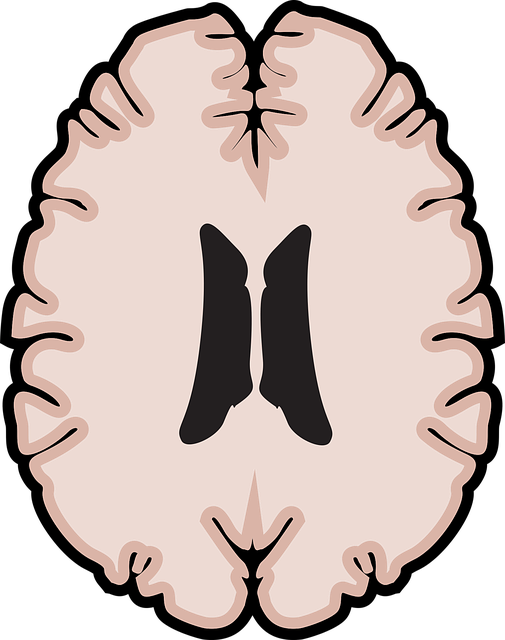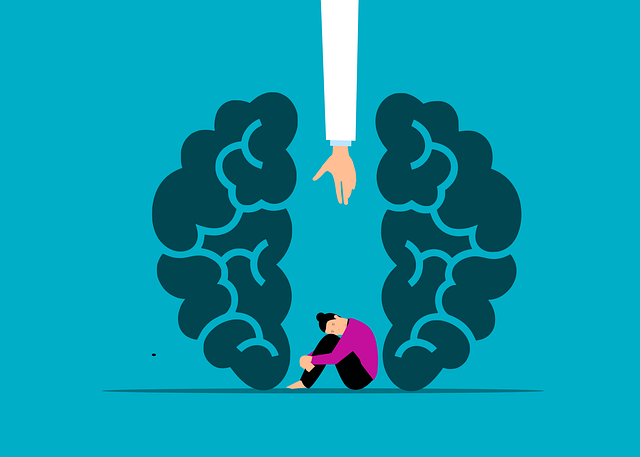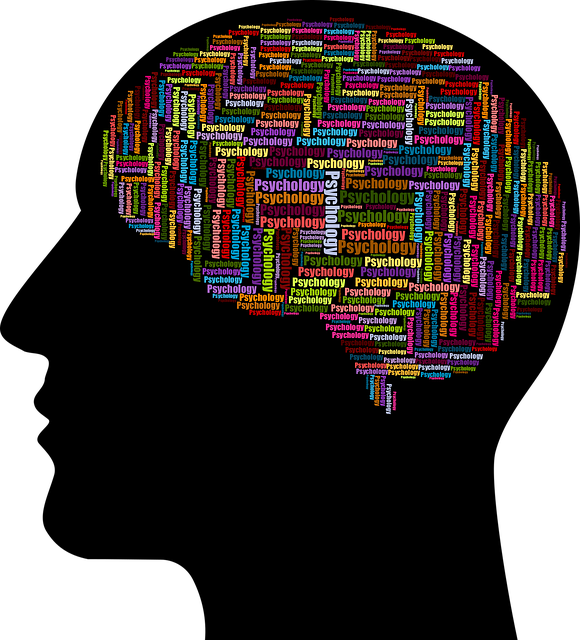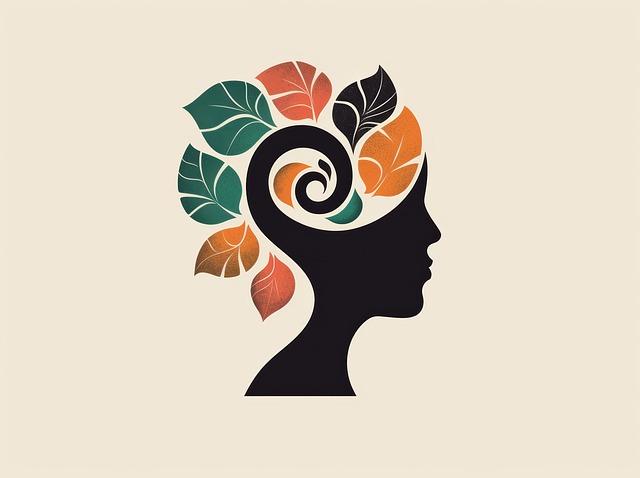In Colorado Springs, adolescent and teen therapy prioritizes cultural diversity, addressing unique challenges like language barriers and cultural stigmas. Therapists must be culturally sensitive, employing holistic approaches that respect backgrounds, beliefs, and values. This ensures effective crisis intervention, risk assessment, and mood management tailored to individual teens' experiences. By integrating compassion cultivation, self-care routines, and culturally sensitive education, therapists empower youth with lifelong coping skills. Adopting inclusive practices, learning traditional healing methods, and providing accessibility services significantly enhance therapeutic outcomes for diverse adolescents in Colorado Springs.
In Colorado Springs, the diverse youth population presents unique challenges and opportunities for mental healthcare practitioners. This article explores cultural sensitivity as a cornerstone of effective therapy for adolescents and teens, focusing on improving outcomes in local Colorado Springs adolescent and teen therapy settings. We discuss strategies to navigate cultural nuances, address misconceptions, build trust, and create healing environments that honor diverse backgrounds, ultimately enhancing the accessibility and quality of care.
- Understanding Cultural Diversity in Colorado Springs Adolescent and Teen Therapy
- The Impact of Cultural Sensitivity on Treatment Outcomes
- Challenges and Misconceptions in Mental Healthcare for Diverse Youth
- Strategies for Culturally Competent Practice in a Thriving Community
- Building Trust and Fostering Healing Environments
Understanding Cultural Diversity in Colorado Springs Adolescent and Teen Therapy

In Colorado Springs, understanding cultural diversity is paramount in adolescent and teen therapy. The city’s vibrant community encompasses a wide array of ethnic backgrounds, religious beliefs, and socioeconomic statuses, each bringing unique perspectives and challenges to mental health care. Mental healthcare professionals must be adept at navigating these complexities, especially when working with young people who may face additional barriers like language differences or cultural stigmas associated with seeking help. A holistic approach that respects and incorporates cultural nuances can significantly enhance the effectiveness of therapy.
Effective Colorado Springs Adolescent and Teen Therapy requires a comprehensive understanding of risk assessment for mental health professionals. By integrating crisis intervention guidance tailored to diverse populations, therapists can provide more targeted support. This includes strategies for mood management specific to cultural contexts, ensuring that interventions are not only effective but also respectful and culturally competent. Such sensitivity fosters an environment where teens feel heard, understood, and empowered to take ownership of their mental health journey.
The Impact of Cultural Sensitivity on Treatment Outcomes

In the realm of mental healthcare, cultural sensitivity is a game-changer, especially when treating adolescents and teens in diverse communities like Colorado Springs. The impact of this approach extends far beyond mere patient satisfaction; it directly influences treatment outcomes. When therapists tailor their practices to respect and understand a client’s cultural background, they create a safe and supportive environment, fostering open communication and encouraging active engagement in therapy. This, in turn, enhances the effectiveness of interventions, as treatments become more aligned with the individual’s values, beliefs, and experiences.
For instance, integrating compassion cultivation practices and self-care routine development within therapy sessions can be particularly beneficial. By incorporating mental health education programs designed to address cultural nuances, therapists can help adolescents develop coping strategies that are not only effective but also culturally relevant. This holistic approach not only improves short-term treatment results but also equips young individuals with lifelong skills to navigate life’s challenges, ensuring better long-term mental health outcomes for all patients, regardless of their cultural backgrounds.
Challenges and Misconceptions in Mental Healthcare for Diverse Youth

Mental healthcare for diverse youth in Colorado Springs presents unique challenges. This is due to a confluence of cultural, socioeconomic, and familial factors that can significantly impact an adolescent’s experience with therapy. For instance, language barriers often hinder effective communication between therapists and clients from diverse linguistic backgrounds, making it difficult to establish trust and understand nuanced emotional expressions. Additionally, cultural misconceptions about mental health—such as attributing symptoms to spiritual causes or family shame—can create obstacles in engaging youth in treatment.
Resilience building and stress reduction methods that resonate with diverse youth are essential. Incorporating Mind Over Matter principles can be particularly effective, teaching young people to reframe challenges and cultivate coping mechanisms rooted in their cultural identities. By adapting therapeutic approaches to address these misconceptions and leveraging tools like cultural competency training for therapists, Colorado Springs adolescent and teen therapy can become more inclusive and impactful, fostering a supportive environment where all youth feel empowered to seek help and heal.
Strategies for Culturally Competent Practice in a Thriving Community

In vibrant communities like Colorado Springs, where adolescent and teen therapy is in high demand, culturally competent practice is essential for building trust and effective therapeutic relationships. Therapists can foster a sense of belonging and understanding by incorporating self-care routine development for better mental health into their sessions, enabling teens to navigate emotional healing processes with enhanced resilience. Compassion cultivation practices have proven to be game-changers, allowing professionals to connect deeply with their clients from diverse backgrounds.
By recognizing the impact of cultural nuances on mental healthcare, therapists can adapt their approaches. This may involve learning about specific communities’ traditional healing methods, incorporating cultural references into therapy conversations, and ensuring accessibility through language services or interpreter support. These strategies not only honor the client’s identity but also create a safe space for them to share their experiences openly, ultimately improving therapeutic outcomes.
Building Trust and Fostering Healing Environments

Building trust is a cornerstone when providing mental healthcare services to diverse communities, especially in Colorado Springs Adolescent and Teen Therapy settings. Cultural sensitivity plays a pivotal role in fostering an environment where young individuals feel safe to express their struggles and seek healing. Therapists must be adept at creating inclusive spaces that resonate with various cultural backgrounds, beliefs, and experiences. This involves actively listening to clients, understanding their unique perspectives, and tailoring treatment approaches accordingly.
By incorporating elements of cultural competency into practice, mental wellness podcasts, journaling exercises, and educational programs can become powerful tools for engagement. The Mental Wellness Podcast Series Production can address topics relevant to diverse youth, offering guidance tailored to their specific needs. Similarly, structured Mental Wellness Journaling Exercise Guidance can help individuals process emotions and experiences while respecting cultural boundaries. Design of Mental Health Education Programs should consider cultural nuances to ensure effectiveness in promoting mental wellness across different communities.
In addressing mental healthcare needs within the diverse youth population of Colorado Springs, it is imperative to integrate cultural sensitivity as a cornerstone of treatment. The articles presented in this context highlight the profound impact of cultural competency on therapeutic outcomes, while also acknowledging the unique challenges faced by professionals navigating the intricate tapestry of our communities. By adopting strategies that foster trust and understanding, mental health practitioners can create healing environments that resonate with youth from various cultural backgrounds. Embracing these approaches is not just beneficial but essential for the thriving community of Colorado Springs, ensuring that adolescent and teen therapy meets the needs of all its residents.

